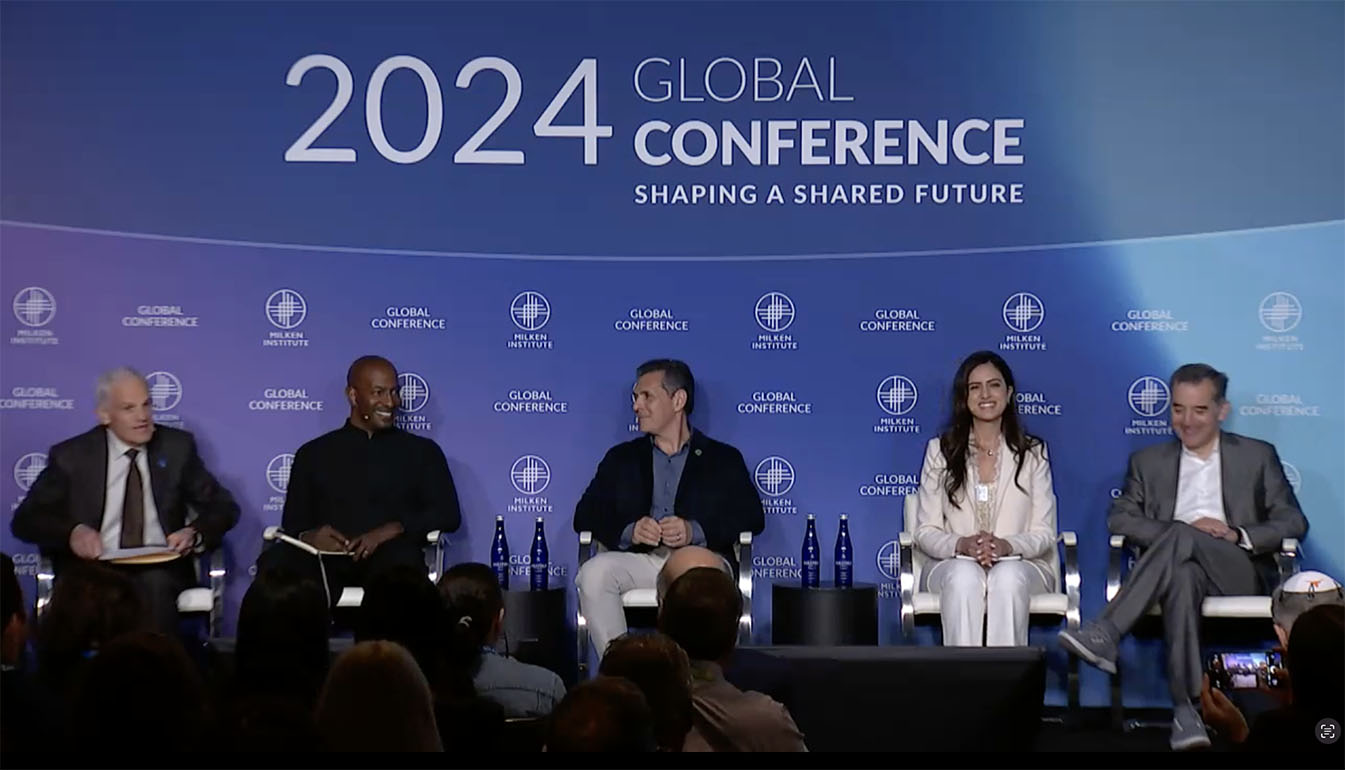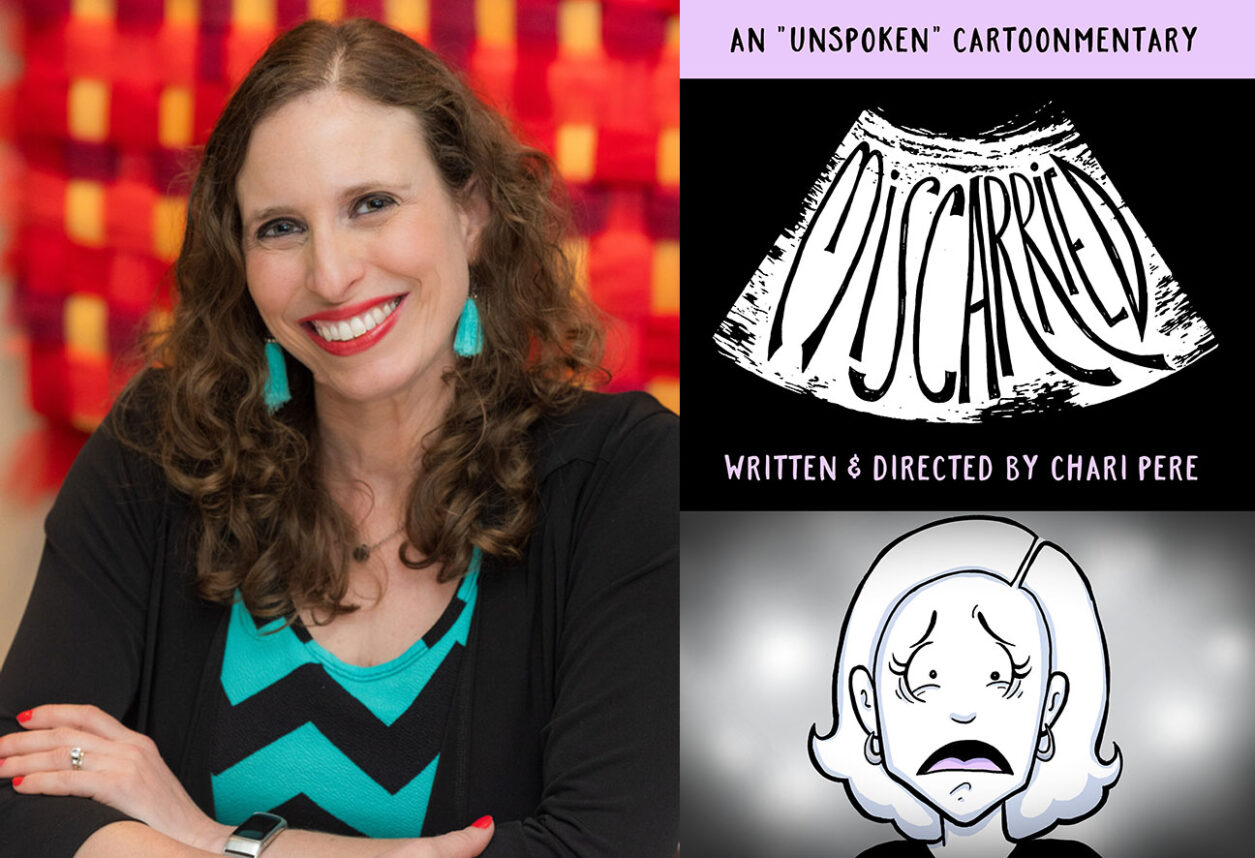It’s wonderful to think that the world is beshert, that for every baby boy born there is a baby girl, but it’s not that way. For every 100 baby girls born, approximately 106 baby boys are born.
Apparently the Grand Planner knows what parents of boys unfortunately know — their sons are much more prone to mischief than girls and fewer boys survive to post-adolescent maturity. The numbers of males and females eventually even out, and females outnumber males around age 50.
In addition to the lower mortality rate of women, moving in or out of a locale for such reasons as education and career may also create imbalances between men and women. But, theoretically, when men and women start thinking of marriage, and they are in a large Jewish population center, there should be an adequate supply to meet the demand.
The situation would be ideal if men and women married at the same ages and married partners of the same approximate age. In actuality, women tend to marry earlier and the men they marry are somewhat older. The opposite holds true for men. Therefore in the Los Angeles Jewish community’s younger age (under 40) singles market. We in The Jewish Federation’s demographic section have discovered that men tend to outnumber women. These younger women may be shopping for a groom not only among men their own age group, but often among men who may be five or 10 years their senior.
We also found that while Jewish young men may be supplementing the short supply of Jewish women with non-Jewish dates, they are often busy pursuing their education or establishing a career. The overall Jewish singles sex-ratio shifts with age. Singles ages 18 to 24 are equal in number; as more women begin marrying at around age 25, single men start outnumbering single women until age 40 – 44 when again there is an equal number of single males and females. After age 45 there are greater numbers of single women, a disparity which only increases with age.
If all age groups were more or less equal, the problem of younger marrying older would not be an issue. However, World War II, the Holocaust and other factors created the big demographic bulge known as the baby boom. Currently, a disproportionately large number of 40ish single males are looking for fewer, younger female mates, thereby creating harsh competition for younger males. There is also a disproportionately large number of 40ish single females in search of much less numerous older single males. This is the “gender mismatch” caused by the hesitancy of same-aged males and females to marry each other.
Survey research at the Federation and elsewhere shows that the majority of single Jewish men and women prefer to marry a Jew, and in Los Angeles over nine-out-of-ten Jewish persons having two Jewish parents have married Jewish. (This is a different statistic from the oft-quoted 52 percent intermarriage found for all Jewish persons who married between 1985 and 1990 nationally and the 41 percent intermarriage found in Los Angeles of those marrying between 1992 and 1997.)
How does this come about? Most singles eventually find a Jewish partner, though some singles do not and may never marry or remarry. At present the large number of unmarried baby boomers are facing a tighter supply of potential Jewish spouses. Therefore some may never find a Jewish person to marry because of the acute gender mismatch among baby boomers.
If people want to marry, what are some possible solutions that may be considered?
*Men and women who are approximately the same age or untraditional ages could choose each other as marriage partners.
Younger persons may want to think about a “marriage career” as well as a professional career rather than deferring marriage until after professional training and career establishment.
Marrying younger reduces age differentials between the spouses, though this may increase the chance of divorce. The Jewish community compared to non-Jewish communities has a very low divorce incidence. In Los Angeles in 1997, 85 percent of all married Jewish persons were in their first marriage.
*Marrying a Jew-by-Choice or being open to relationships with non-Jews who are seriously considering conversion to Judaism.
If one considers marrying a non-Jew, research has shown that there may be serious drawbacks to the chance of a happy marital outcome. The likelihood of divorce in intermarriage is approximately four times higher than when a Jew marries a Jew. In addition, the likelihood of personally experiencing anti-Semitism almost doubles from 19 percent for in-married Jews to 37 percent for intermarried Jews. Chances for a successful marriage can be increased if the non-Jewish spouse becomes a Jew-by-Choice. Professor Bruce Phillips of Hebrew Union College in his study of intermarried households found that the non-Jewish partner was often more receptive to the idea of conversion than the Jewish partner realized. Often the topic was not discussed because of hesitancy to “rock the boat” on the part of the Jewish partner.
In a recent study of Jewish singles by the Jewish Federation’s Jewish Singles Task Force, Tanya Labowitz, singles coordinator, found that the most common reasons given by singles in focus groups who have not met their significant others is that they haven’t met someone with common values, goals or interests. Singles reported that they had difficulty in meeting “quality” people. Single women in the focus groups often stated that they perceived that Jewish men prefer to date non-Jewish women who are blond and petite. Jewish single males said that Jewish women cared too much about men’s incomes. Telephone interviews of engaged to be married or recently married persons reported that singles often have unrealistic expectations about meeting a significant other. The consensus of these informants in serious relationships was: “to keep an open mind, not make rash decisions about others, do things of interest to them and be open to new experiences. Singles should look for others with the same goals and values.”
What kind of personal strategies could be used to improve one’s chances of Jewish marriage? Research has shown that most people find their spouses through family and friends. One of the easiest ways to increase the number of friends one has is through club or organizational membership and activity. The Los Angeles Jewish Population Survey found that baby boomers had the lowest reported rate of Jewish club or organizational membership among all age groups. One good tactic would be to become an active participant in a Jewish setting such as a synagogue, center, club or organization. The gender mismatch may be replicated within the Jewish club or organization, but the chances of finding a likely partner are greatly increased in addition to the known health and life benefits of the increased social interaction.
It’s a long held Jewish tradition to use migration or moving in order to search for a spouse (e.g. Isaac and Jacob). Does this work for moderns? It may, but remember the importance of having family and friends in order to make the connections in the new setting. Moving geographic locales often entails the loss of a lot of intangibles such as familiar surroundings, family, friends, neighbors, stores, services, entertainment, etc. The demographics are a national phenomenon and the boomer bulge exists nationally, though there are pockets where the sex/age ratio may be more favorable. Looking to marry a Jewish doctor? You may want to hang around places or be employed where there are lots of Jewish medical school students, interns, residents and fellows such as San Francisco. Looking for lonely single Jewish physicists? Almagordo, New Mexico may be the place for you. Major college campuses often have single Jewish undergraduates, graduate students and faculty who are quite marriageable, so knowing the local Hillel director can be advantageous.
A list of organizations and events that may be of interest to Jewish singles can be found on the Jewish Federation’s singles Web site at www.jewishLA.org/singles. For a pri
nted directory, contact the Federation’s singles coordinator at (323) 761-8348.





















 More news and opinions than at a Shabbat dinner, right in your inbox.
More news and opinions than at a Shabbat dinner, right in your inbox.